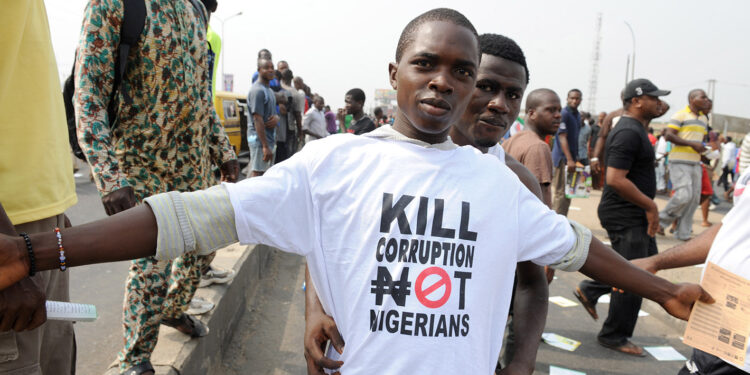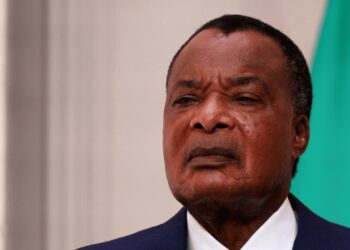By Ebi Kesiena
The United States government has identified corruption as a major obstacle to trade and investment in Nigeria, citing persistent concerns over transparency and governance failures.
In its latest 2025 National Trade Estimate Report on Foreign Trade Barriers, the Office of the United States Trade Representative (USTR) highlighted that US companies operating in Nigeria face significant challenges, including inappropriate demands for “facilitative” payments from officials.
“US firms experience difficulties in day-to-day operations as a result of inappropriate demands from officials for ‘facilitative’ payments,” the report stated.
It added that efforts to strengthen Nigeria’s anti-corruption framework have been consistently undermined by inter-ministerial conflicts and partisan politics.
The USTR also questioned the effectiveness of Nigeria’s judicial system, pointing to its limited capacity to secure convictions and enforce appropriate sentencing in corruption-related cases.
Beyond governance issues, the report cited trade barriers affecting American agricultural exports. It noted that Nigeria has delayed the approval of import permits for several categories of US food and agricultural products, despite repeated efforts to gain market access since 2019.
“Nigeria has been slow to approve these requests,” the report emphasised, describing the delay as a longstanding barrier that hampers the entry of US agricultural goods into the Nigerian market.
The USTR further criticised Nigeria’s inconsistent application of technical regulations and sanitary and phytosanitary measures, warning that such irregularities create confusion and undermine compliance for exporters.
On tariffs, the report pointed out that Nigeria imposes a combined duty and associated import fees of 50 percent or more on 79 tariff lines, with 17 of these exceeding the 70 percent limit set by the Economic Community of West African States (ECOWAS).
The United States government therefore urged the Nigerian government to address these systemic issues, stressing that improvements in transparency, anti-corruption efforts, and regulatory consistency are critical for fostering a more open and attractive investment environment.



































